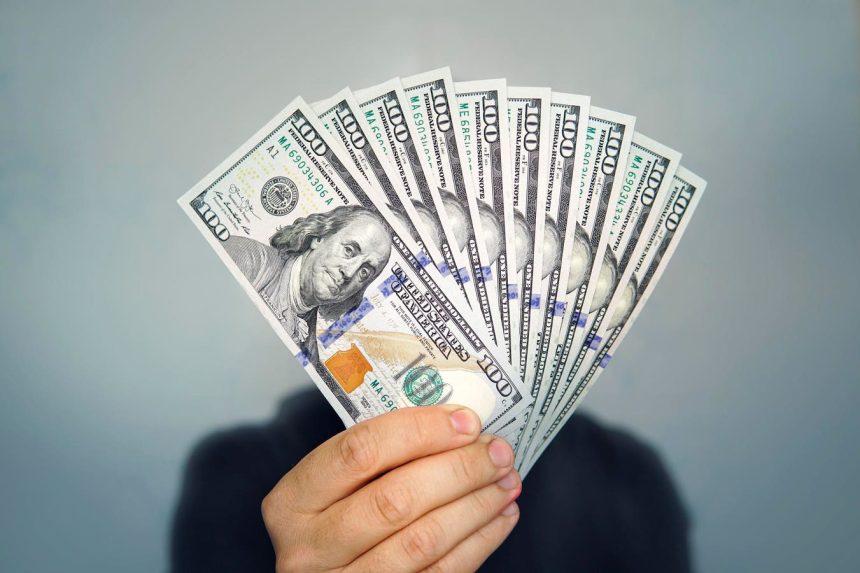High-yield savings accounts are becoming a more popular way to save money. This is mainly due to their increasing interest rates – currently up to 5.3%. However interest rates aren’t the only factor to consider, and there are several other options to consider when deciding where to stash your cash.
High-yield savings accounts:
These are savings accounts with higher interest rates than average, which is around .40%. Similar to traditional savings accounts, they are typically federally insured up to $250,000 per depositor, per insured bank and per account.
Why choose high-yield savings: Obviously the high rate makes these savings vehicles appealing. Also, this is a great place to keep cash that you may need in the short-term. The biggest drawback is rates go up or down as the Federal Reserve changes its benchmark interest rate. So in the beginning you could earn 5.3% on your deposit, but that amount could decrease with time.
Click here to see some of the best high-yield savings options
CDs:
There are enough similarities between CDs and high-yield savings to make the decision a difficult one. A certificate of deposit, or CD, is a type of savings account offered by banks and credit unions. Typically you keep your money in the CD for a specific length of time, or term, usually ranging from 3 months to 5 years. CDs offered by banks are also FDIC insured up to $250,000. However, there are two important characteristics that distinguish it from a high-yield savings account.
- CDs lock in the interest rate for the term chosen. For example, if you purchase a 1-year CD at a 5.15% APR, that will be your rate until your term period is up in one year, known as when the CD ‘matures’.
- When you purchase a CD, you are committing to that time period. Withdrawing money early before it matures means paying a penalty fee to the bank.
Why choose CDs: CDs can be a good choice if you’re certain you won’t need your cash for several months or years and want a consistent rate of return. If you think rates may decrease, a CD would be a good option because you lock in that higher rate when you purchase it. On the flip side, you may want to stick with a high-yield savings account if rates are expected to increase.
Click here to see some of the best CD options.
Still can’t decide between the two? One strategy that gives flexibility while still locking in the high APR rate is to create a CD ladder. This is a savings strategy where you divide your cash across multiple CDs with different maturity dates. The key is to mix short term and long term CDs to give you consistent cash flow, plus high returns. When a CD matures, you can either keep the cash or re-invest it in a new CD.
Read the full article here
















